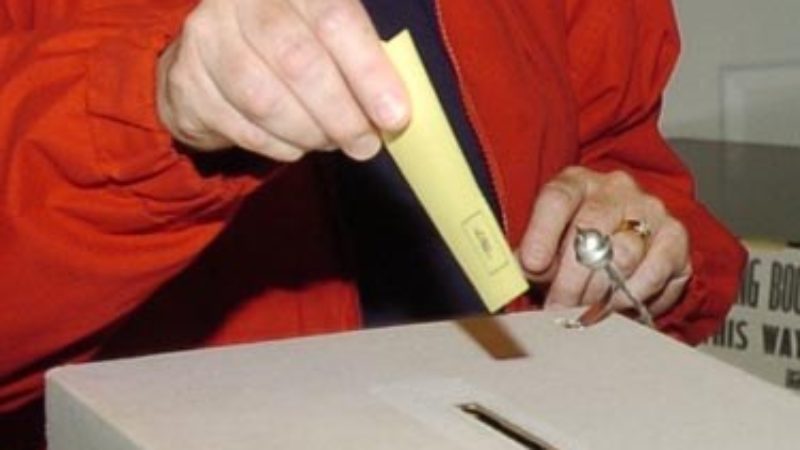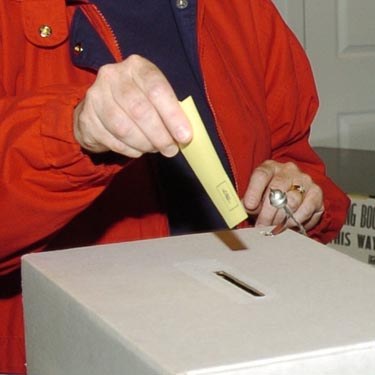

Labour faces a number of electoral tests in May. I believe the most critical one organisationally and politically is the election of 124 councils, where Labour is defending 1,200 council seats.
That isn’t to say the other elections taking place aren’t important, they all are.
London Mayor will undoubtedly receive the lion’s share of media coverage because it a personality based contest, either major party could win, and the media live and work in London and tend to over-focus on the capital’s politics. A win would be magnificent in its own right as the biggest city in Europe would have a leftwing Mayor, and a significant boost for Jeremy Corbyn. But it doesn’t tell us much about the rest of the country because London is demographically and politically increasingly divergent from everywhere else. It’s a city we did well in in 2010 and even better in the 2014 borough elections and 2015 General Election despite losing nationally; where we have extraordinarily large and well organised local Labour Parties; and a high concentration of young and ethnic minority voters who are the most receptive to Corbyn’s messaging; along with a mayoral candidate in Sadiq Khan who has positioned himself nearer to the centre than Corbyn.
The Scottish Parliament elections have come round too early to expect a Labour recovery after the SNP wipe-out last year, and expectations last summer that Corbyn might appeal to a country with a strong leftwing heritage don’t seem to have materialised.
The Welsh Assembly elections will, as always, be a tight battle between a tiny Labour overall majority and a narrowly hung Assembly with Labour having to find a coalition partner – the electoral system with its compensating list seats if you lose constituency seats tends to make for a narrow range of outcomes.
The election of 41 police and crime commissioners could be completely random as voters seem to like independent candidates for this role, and turnout was extremely low last time, when these elections were not held on the same day as the main local elections.
What are my reasons for thinking the council elections are the ones to look at, and for Labour, the ones to focus in on organisationally?
1. The potential range of results is dramatic – with some commentators saying Labour could lose 200 seats and others saying we ought to make 300 gains. One end of that spectrum could spark a leadership challenge, the other could see off any prospect of one.
2. This is the election this May where a direct comparison with Ed Miliband’s performance is most easily made (Scotland has changed for reasons outside Corbyn’s control, and in London the picture is complicated by the switch of mayoral candidate from Ken to Sadiq).
3. A lot of power is at stake. The councils up for election include 1/3 of the seats in every Metropolitan Borough Council (and the whole council in Knowsley, Rotherham and Sheffield), and all the seats in the non-metropolitan unitaries of Bristol, Peterborough and Warrington and 1/3 of the seats in 16 other unitaries. These councils are powerful because as unitaries they provide every major local service, not just housing like districts do, but education and social services too. They include all the main cities outside London – places that people have heard of and that the control of matters in national politics beyond their boundaries. Even after six years of horrific cuts they control a huge slice of public spending and can demonstrate to residents the positive difference Labour makes in power.
4. Councillors matter organisationally. Studies have shown that because incumbent councillors act as sort of “super activists” in General Elections as well as local elections, each mobilising perhaps 10 other activists, if you gain councillors in marginal constituencies it sets you up to win the MP too, and if you lose them it has the reverse effect.
5. The urban nature of most of the councils up for election this year means Labour ought to be able to do well. Corbyn said he could motivate our core vote, now he needs to prove it.
6. Local elections have lower turnout than General Elections. This means Corbyn’s electoral strategy of boosting turnout of instinctive Labour voters rather than going after swing voters should have more scope for success (there are more “sometimes voters” to inspire) and local organisation plays a bigger role, which means the doubling of party membership ought to have an impact.
7. Any election fought ward by ward is also more open to organisational influence, as targeting of campaign resources can mean that small changes in turnout through extra Get Out the Vote efforts in the right wards will translate into seat numbers that look impressive in the national results. The new mass membership needs to be mobilised and persuaded to go and work in the nearest target council seat.
8. Corbyn’s team should be looking for some counterintuitive gains in areas of southern England where membership growth has been particularly high but Labour has traditionally not had much of an electoral machine and now finds itself with a large and enthusiastic membership – a new version of Blair’s “Operation Toehold” in 1995. If the party doesn’t have the resources to do this, perhaps Momentum does?
9. Given Corbyn’s positioning on their turf and the recruitment of many ex-Green Party members we should be trying to squeeze their vote to nothing. This could have a significant impact in places like Bristol, Cambridge, Oxford and Stroud where there is a strong Green vote. Similarly, the student areas of any university town or city should be happy hunting grounds.
10. This is an opportunity for the new members and activists attracted into the party by Corbyn’s leadership campaign to earn their spurs in a real campaign with real voters. It will matter less if old lags like me are a bit grumpy about Jeremy if the new members are moulded over the next few months into an election fighting force.




More from LabourList
‘I was wrong on the doorstep in Gorton and Denton. I, and all of us, need to listen properly’
‘Why solidarity with Ukraine still matters’
‘Ukraine is Europe’s frontier – and Labour must stay resolute in its defence’